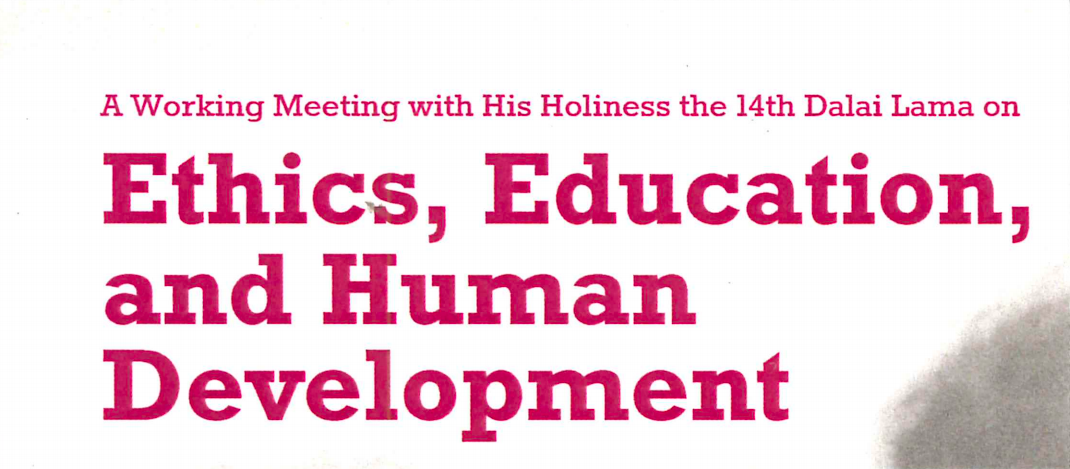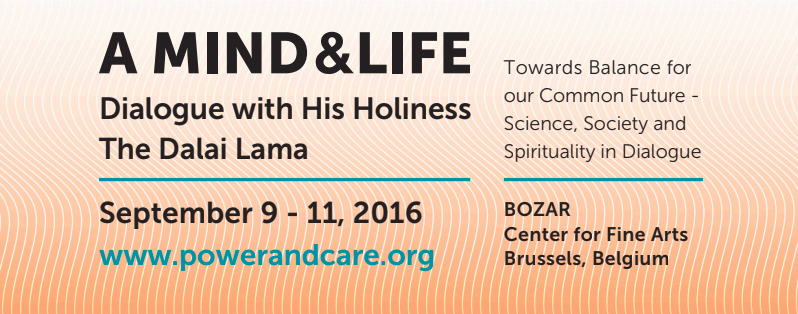The proposed study investigates the role that teacher characteristics play in teachers’ experience delivering a mindfulness-based health and wellness curriculum. Specifically, teachers’ embodiment of mindfulness (through practice) and professional knowledge will be examined to provide insight into factors that may influence their experience and fidelity delivering the curriculum. A maximum variation sample of ten elementary …
Topic Archives:
Developing and testing the effectiveness of a self-compassion intervention for beginning teachers
The first year of teaching can be extremely challenging. Novice teachers face a wide-range of worries and disappointments, which can sap motivation, and lead to burnout and exiting the profession. The current research seeks to design and evaluate contemplative exercises that curb this “burnout cascade” during the transition into teaching. We propose that a brief …
Self-compassion in adolescence: Validation and neural correlates
Before we move to examining the impact of contemplative practice on self-compassion in youth, we need an established, validated measure of self-compassion. This study will validate the Youth Self Compassion Inventory (YSCI) with multi-modal assessment of neural correlates of self-compassion using high-density electroencephalography (EEG) in a study of one hundred and thirty-two male and female …
Continue reading “Self-compassion in adolescence: Validation and neural correlates”
Heartfulness in education: The effects of mindful self-compassion training on teachers’ wellbeing, student-teacher relationships, and school climate
Our society’s future and growth depends on high-quality education. On a daily basis, this notion translates into teachers’ ability to compassionately nourish young people’s minds and hearts, especially during challenging times. Given the current worldwide instabilities, teaching profession is increasingly more demanding on teachers’ capacity to preserve supportive and learning-conducive classroom environment. Unfortunately, teachers’ stress …
1995 Mind & Life Dialogue V
This Dialogue focuses on the study of altruism and compassion in Western science. It addresses these topics from a highly multidisciplinary perspective since altruism and compassion are clearly significant for both the social and life sciences. A historical perspective on the role of compassion in science, and the bias in the study of negative rather …
2007 Mind & Life Dialogue XV
In contemporary behavioral science, the general term “depression” covers a wide range of some of the most striking and prevalent forms of mental suffering in the world today. Within the broad spectrum of depression, some forms are relatively well understood. This Dialogue builds on that understanding to further examine the nature of depression and explore …
2009 Mind & Life Dialogue XIX
How can our educational system evolve to meet the challenges of the 21st century? How will we educate people to be compassionate, competent, ethical, and engaged citizens in an increasingly complex and interconnected world? The urgent challenges of a globalized and interdependent world demand a new vision of world citizenship that is not confined to …
2010 Mind & Life Dialogue XX
Classic economic theory is based on the assumption that humans are self-interested and rational actors, and casts doubt on the very existence of altruism. New research in both economics and neuroscience reveals a much richer and more complex picture of humanity, where altruism and compassion are not only part of the equation but also can …
2014 Mind & Life Dialogue XXVIII
There has always been a deep commitment at Mind & Life toward understanding what an ethical life can and should mean in today’s world. By becoming more aware of our deep interdependence and the need for mutual care, a proper foundation for ethics is possible – one that allows us to better address the global …
2016 Mind & Life Dialogue XXXI
While the notion of power can be seen as a neutral concept, neither harmful nor beneficial by definition, the western historical perspective links it to concepts such as domination, instrumentalization, or sovereignty. This idea of power as power over is apparent in political, societal and interpersonal spheres, as indicated by problems such as the wealth …







